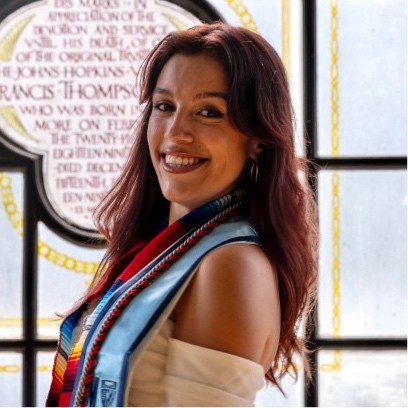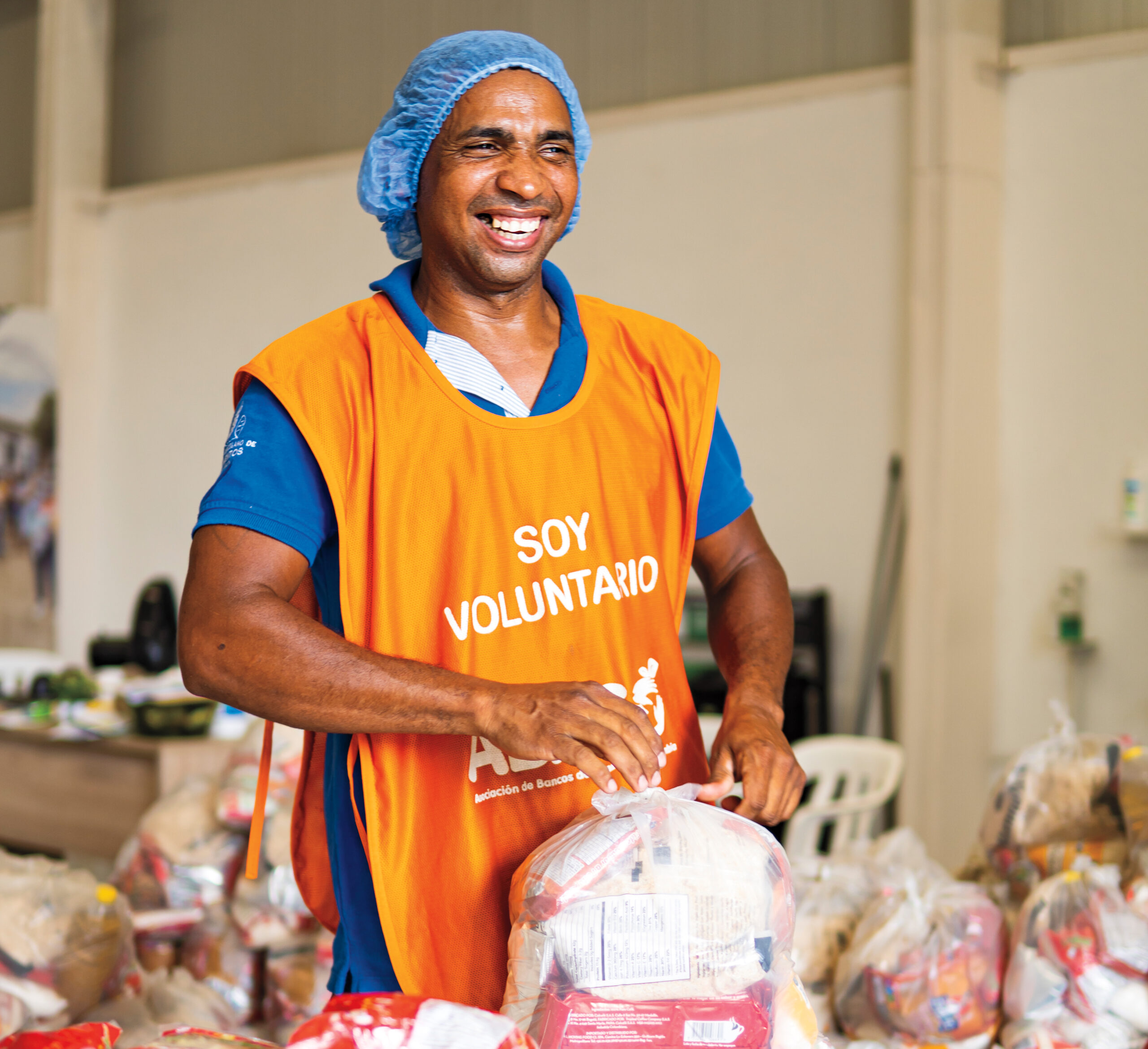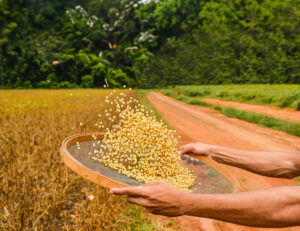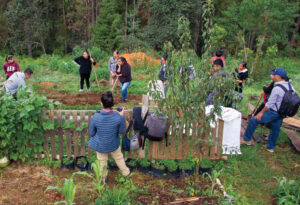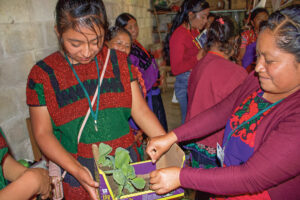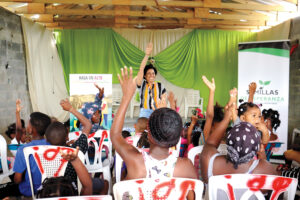This article is adapted from AQ’s special report on food security in Latin America. To see other organizations working on this issue, click here.

The Guajira Peninsula is an isolated desert plateau that straddles the Colombia-Venezuela border and drops precipitously into the Caribbean. It is the homeland of more than 200,000 Wayúu people, Colombia’s largest Indigenous group, who for generations have faced displacement and marginalization on the rugged landscape.
Their communities are especially vulnerable to food insecurity; on Colombia’s side of La Guajira, periodic water shortages are becoming more acute due to climate change and intensive coal mining. Last year alone, 70 children died of malnutrition there, and rates of this condition are thought to be many times the national average.
The area’s remoteness is a key cause; medical care is scant, village wells are often distant, and a liter of milk costs four times the national average. This is precisely the type of logistical challenge that the Food Bank Association of Colombia, known as Abaco, is determined to overcome. Abaco comprises 25 food banks across the country, and works with hotels, restaurants and retailers to redirect food that would otherwise be thrown away to communities struggling with malnutrition.
By offering logistical support and coordinating efforts across 298 municipalities, Abaco redirects 25,000 tons of food every year—still a small fraction of the millions of tons it says goes to waste nationwide.
In La Guajira, Abaco is working with the Citi Foundation to go a step further. It has collaborated with Wayúu communities to open 15 grocery stores that sell nutritious food at steeply discounted prices. In each case, locals build the store and choose representatives to run it. Abaco provides shelving, produce and small business training.
“It’s the community itself that organizes how to sustain the store over time,” Juan Carlos Buitrago Ortiz, Abaco’s executive director, told AQ. The community budgets a share of revenue to invest in local projects and pay workers, and uses the rest to buy food from Abaco to replenish its inventory.
“The store (then) becomes an epicenter of development,” Buitrago Ortiz said. Local artisans display and sell their crafts, and revenues help create poultry projects and vegetable gardens that families use for subsistence or as sources of income.
Thus far, it has proven a sustainable model—one that Abaco plans to expand.


